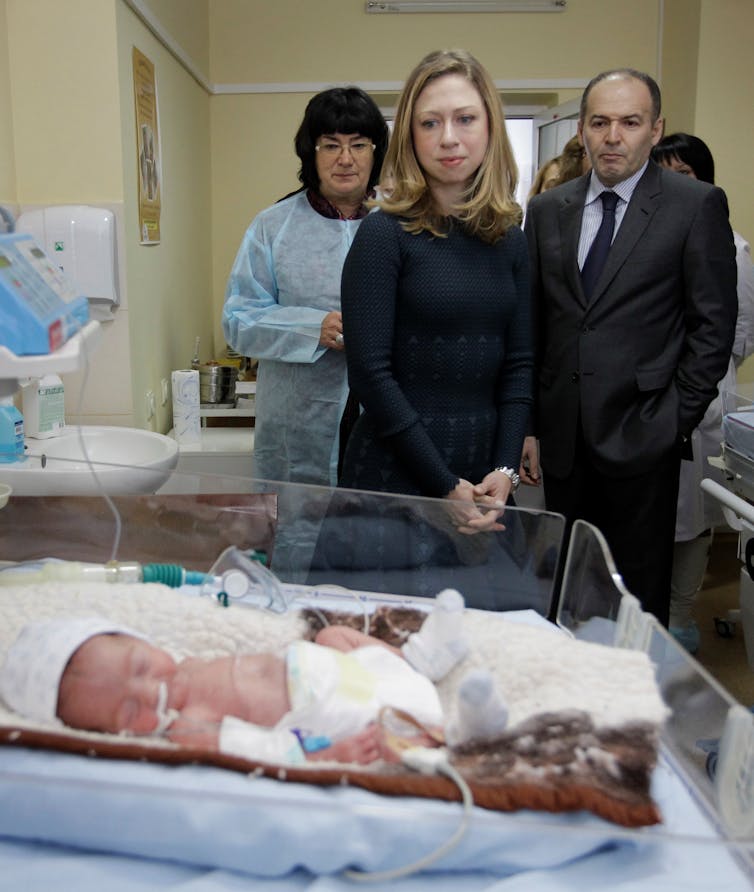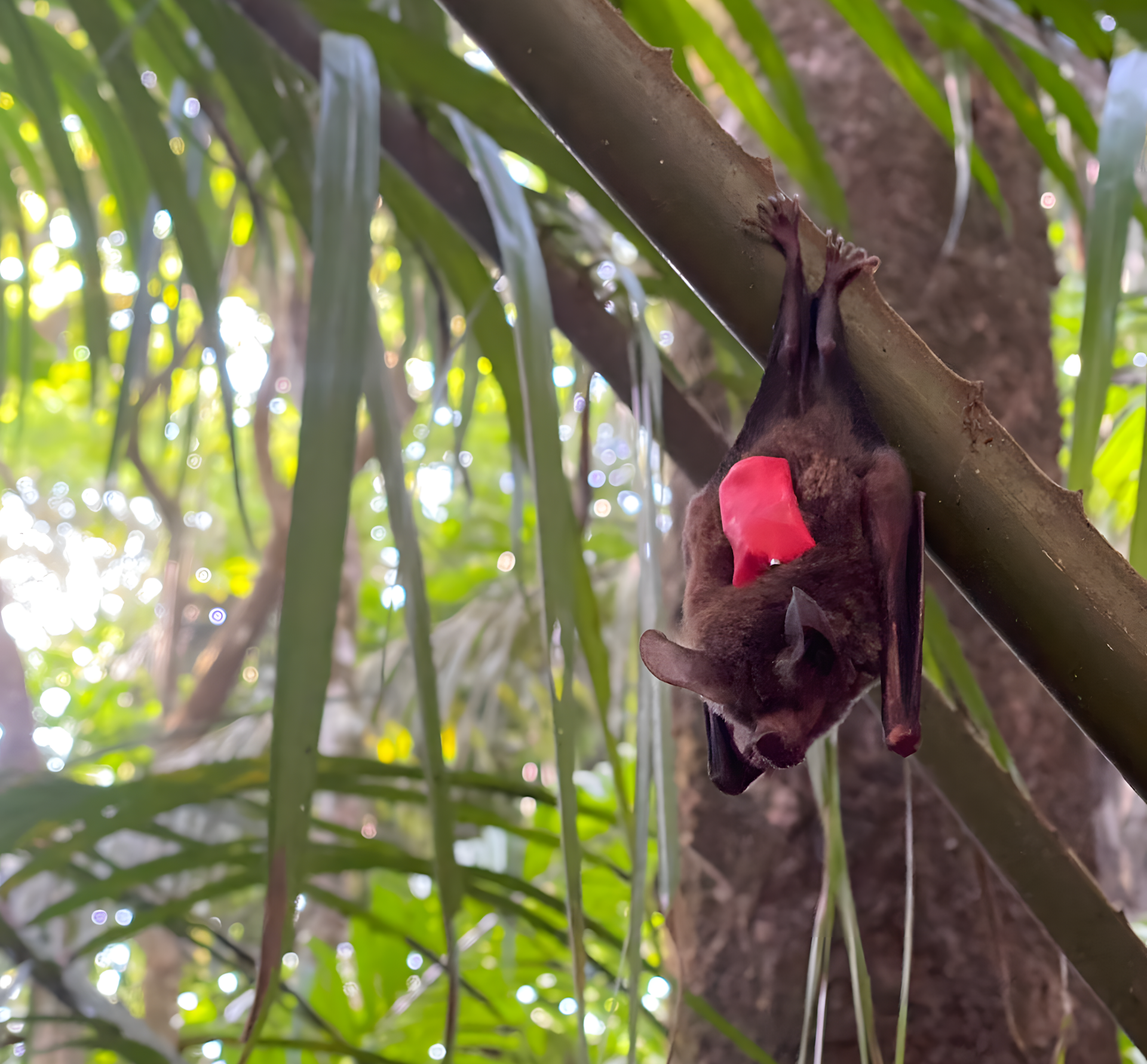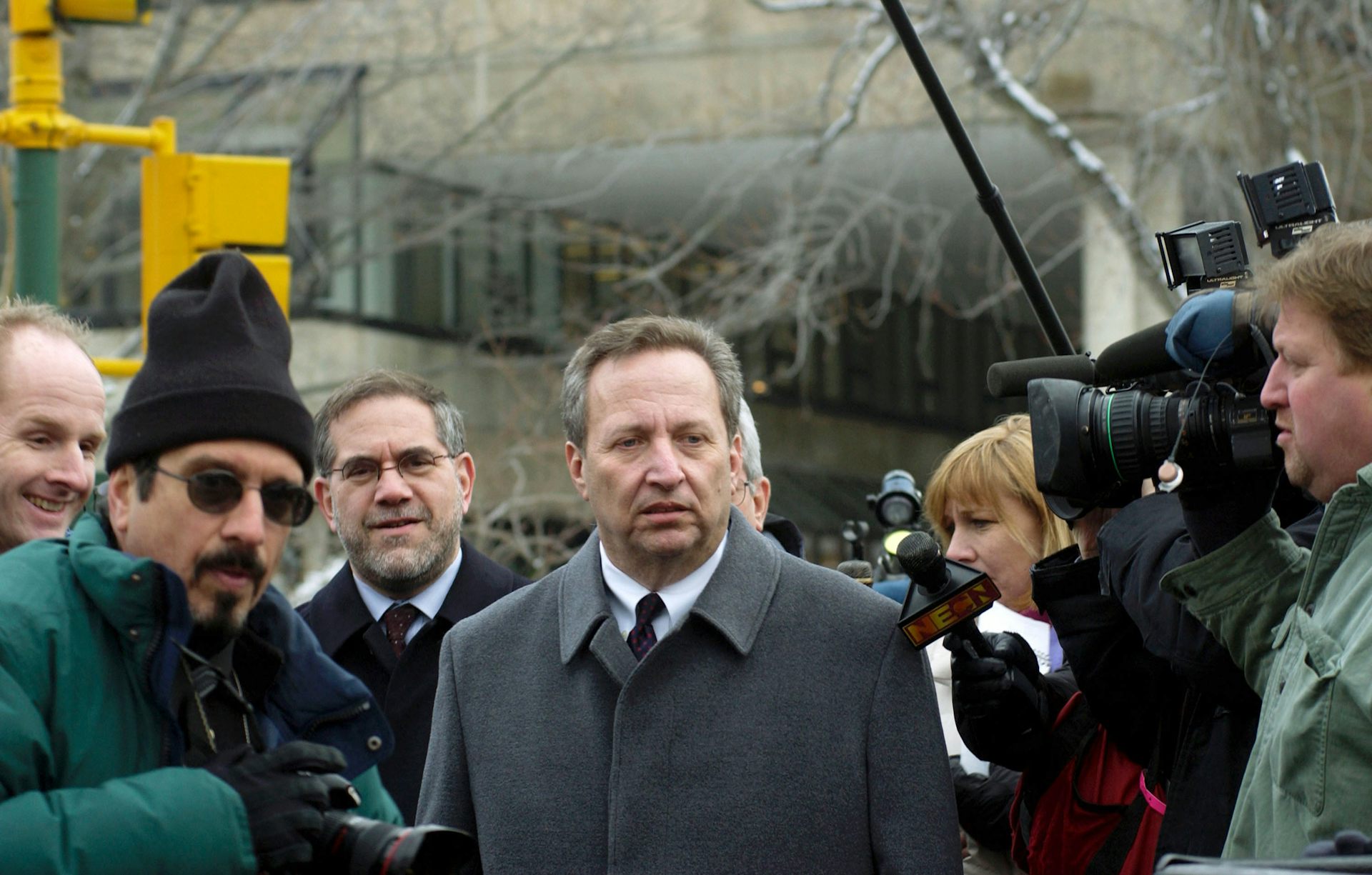Is the FBI's latest probe of the Clinton Foundation a 'witch hunt' – or something more?
The foundation initially seemed well-suited for cleaning up Bill Clinton's legacy after the Monica Lewinsky scandal's ugliness. That's no longer true.
With few exceptions, most presidents fade from public life once they step down.
Bill Clinton, however, has shunned leisure time since his administration ended in January 2001. Instead, he has whiled away the hours toiling for an eponymous foundation he established with his wife Hillary Clinton. At least initially, the foundation seemed well-suited for cleaning up his legacy, after the ugliness of the Monica Lewinsky scandal and the subsequent impeachment and Senate trial tarnished it.
But now the FBI has reportedly reopened an investigation of the foundation’s alleged “pay-to-play” politics while Hillary Clinton served as secretary of state.
At first blush, this might appear to be a purely partisan witch hunt launched by the Clintons’ conservative political enemies. Based on my scholarship regarding relationships between the government and nonprofits as well as philanthropists, I believe it’s fair to say that large foundations tend to be scandal-free.
That is not the case for the Clinton Foundation, however, which has repeatedly stirred controversy over its unusual fundraising practices.
Influence peddling
The Clintons launched their primary public charity in 1997. It has since grown from an organization to raise funds for the Clinton Presidential Library into one of the nation’s most visible foundations. It runs ambitious programs in such areas as HIV/AIDS, climate change, healthy children, economic development and Haiti earthquake relief, along with a variety of other initiatives.
If reports that the FBI reopened its investigation are accurate, it would be the first time the foundation has been investigated since 2016 – and the first time since Donald Trump, whose campaign demonized his opponent Hillary Clinton with “lock her up” chants at his rallies, took office.
While it is highly inappropriate for a sitting president to call on his own Justice Department to investigate his political opponents, Trump has nevertheless openly pushed for investigations of the Clintons while in office. Attorney General Jeff Sessions, on the outs with his boss because of his recusal in the Russia investigation has, according to The Washington Post, begun to look “into matters that Trump has publicly complained are not being pursued.”
The charges against the foundation have ranged from ridiculous to serious. Two days after the initial reports of the Trump administration’s new probe, multiple conservative websites falsely claimed that 22 of the foundation’s employees had been arrested. There were no arrests.
Many charges are trivial. Fox News reported that a donor to the foundation, Terrence Duffy, asked then-Secretary Clinton for help in setting up business meetings in Singapore and Hong Kong. Yet U.S. embassies do this routinely.
Other accusations are far more troubling. Human rights-abusing governments, including Algeria, Saudi Arabia, Qatar and Oman, have donated millions to the Clinton Foundation. Saudi Arabia alone has contributed US$10 million to $25 million.
Ukrainian steel magnate Victor Pinchuk also gave the foundation $10 to $25 million. And he was by many accounts not shy about asking for help from Hillary Clinton when she served as secretary of state. While there’s been no indication of what the new FBI investigation is looking into, over the years these probes have usually focused on influence peddling allegedly enabled by the Clinton Foundation’s fundraising.

Poorly Endowed
Why does the Clinton Foundation find itself in the position its in? Its structure under federal law regulating foundations has a lot to do with it.
The Clinton Foundation differs from most prominent foundations in that it is an operating public charity, which means it raises money on an ongoing basis and then funds its projects with those donations.
Like the nation’s largest foundations, such as Gates, Ford, Robert Wood Johnson and Packard, which push for goals such as environmental protection, expanded access to health care and social justice, the Clinton Foundation largely promotes liberal causes.
But those institutions are backed by substantial endowments donated by families with vast fortunes. The Gates Foundation’s endowment, worth at least $40 billion is the biggest. It funds much of what it does from the income that the endowment’s investments in stocks, bonds and other assets produce every year.
The Clinton Foundation’s endowment, worth only $109 million, is puny by comparison. Its investments returned just $2.9 million in 2015. Given the foundation’s ambitions, $2.9 million doesn’t go very far. From donations, though, the foundation has raised north of $2 billion over its lifetime, allowing it to spend more than $200 million a year on its programs.
Despite its vast donor base – more than 200,000 have contributed since its 1997 inception – much of its funding comes from major donors, including other foundations, wealthy individuals and, of course, foreign governments. The foundation’s own records show that it has received seven gifts of more than $25 million and another 19 worth $10 to $25 million.
Impressive score
The foundation has made notable contributions in global health, HIV/AIDS and women’s empowerment. Perhaps its most notable success was in negotiating a significant drop in the price of drugs used to fight AIDS and then bringing those drugs to Africa, where an epidemic was ravaging the continent.
Despite the suspicions conservatives have long raised about the Clinton Foundation, Charity Navigator, a group that rates the fundraising and spending practices of nonprofits, gives it high marks. The foundation spends 87 percent of what it raises on the programs it supports, a higher share than most of its peers.
But Charity Navigator doesn’t assess or compare the motives of donors. I believe that the foundation’s high ambitions and thirst for funds make it too open to unsavory gifts that, in turn, damage its reputation.
Foreign governments find the foundation attractive because they are limited in what they can otherwise do to improve their access and influence with American policymakers. The law prohibits their donations to American political candidates, although they may hire lobbyists.
With or without an indictment, fines or other punishment, the Clinton Foundation’s outlook will remain murky as long as its endowment remains small. Should the Clinton Foundation ultimately fold, its legacy is likely to be its fundraising practices, not its good works.
Jeffrey Berry does not work for, consult, own shares in or receive funding from any company or organization that would benefit from this article, and has disclosed no relevant affiliations beyond their academic appointment.
Read These Next
Cuba’s speedboat shootout recalls long history of exile groups engaged in covert ops aimed at regime
From the 1960s onward, dissident Cubans in exile have sought to undermine the government in Havana −…
Tiny recording backpacks reveal bats’ surprising hunting strategy
By listening in on their nightly hunts, scientists discovered that small, fringe-lipped bats are unexpectedly…
How the Seattle Seahawks’ sale will score a touchdown for charity 8 years after Paul Allen’s death
Selling a sports team is much more complicated than selling assets found in a typical estate, such as…





